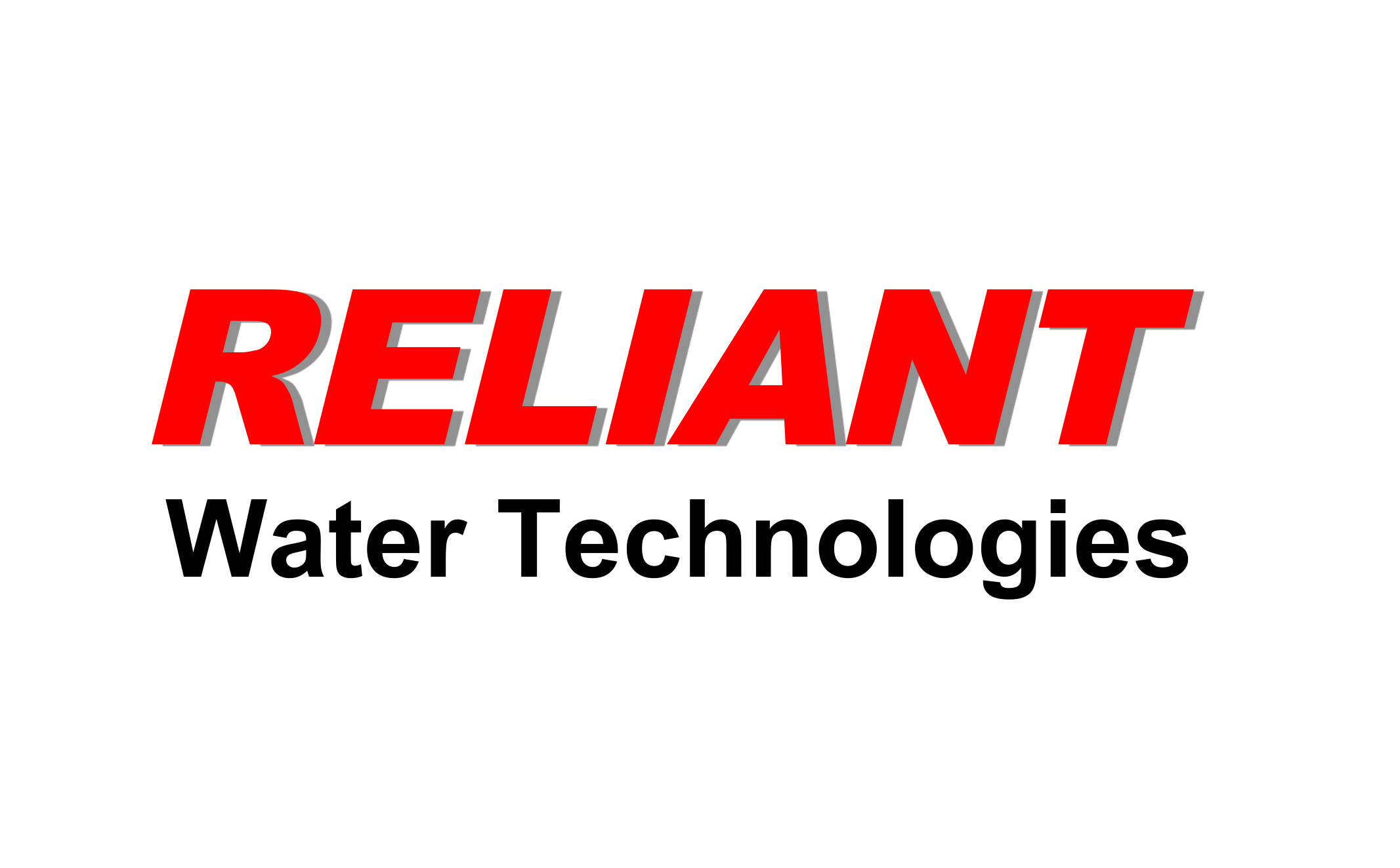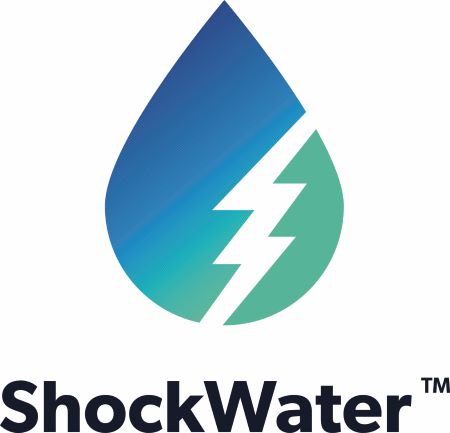The shift toward closed-loop water systems and on-site recycling has transformed how shale producers manage water sourcing, transport, and disposal. With modern treatment systems such as trailer-mounted ceramic membranes, electro-coagulation reactors, and hybrid membrane-distillation packages, operators can treat flowback and produced water directly on-site, achieving high levels of reuse. This approach not only reduces freshwater withdrawals from local aquifers but also lessens the need for deep well injection, significantly lowering both environmental impacts and logistical costs.
In regions where water availability is limited or infrastructure is underdeveloped, such treatment technologies provide scalable solutions. By reusing 80% to 90% of produced water volumes, operators can strengthen their social license to operate and reduce exposure to regulatory pressures related to freshwater use and wastewater disposal.
Innovation in Mobile and Modular Water Systems
The integration of modular and mobile water treatment units marks a breakthrough for shale operations pursuing greater operational agility. These systems, built to manage high total dissolved solids and variable chemistry, enable real-time treatment adjustments and automated process control, even in remote and rapidly changing production environments.
Field studies in major shale basins across North America and other global unconventional hotspots have shown that reuse-driven water strategies can reduce overall water-related operational costs by up to 40% while improving the predictability of completion schedules. As the demands for multi-well pad development accelerate, the scalability and adaptability of water treatment infrastructure are emerging as key differentiators.
Heat Recovery and Energy Efficiency in Treatment Systems
As treatment intensity rises, so does the need for energy optimization. Shale water technologies that incorporate heat recovery, thermal efficiency, and integrated power management are proving essential for reducing the carbon and cost footprint of advanced treatment processes. For example, membrane distillation systems that capture and reuse waste heat from gas engines or compressors can lower energy consumption by more than 30%, providing rapid payback for producers while supporting long-term environmental, social, and governance goals.
Additionally, electro-coagulation and advanced oxidation processes have been enhanced to reduce chemical usage and simplify overall treatment operations. These next-generation systems are creating new business models around water-as-a-service, with technology providers offering fully managed, on-demand treatment options customized to basin-specific needs.
Data-Driven Water Management Platforms
Water management is no longer just an operational concern; it is a data-driven discipline. Cloud-based platforms that integrate real-time sensor data, treatment performance analytics, and predictive maintenance algorithms enable operators to track every barrel of water throughout its lifecycle. This enhanced visibility supports compliance with evolving water discharge regulations, optimizes chemical dosing, and reduces downtime.
Operators using such digital tools report up to 25% reductions in non-productive time related to water logistics and maintenance, while also improving safety and environmental performance. Whether coordinating frac water delivery across multi-pad operations or monitoring produced water composition to adjust treatment protocols, digitalization is emerging as a key driver of efficiency and scalability.
Water treatment in shale is not just a technical necessity; it is a high-growth market with expanding investment opportunities. According to the industry analysts, the global shale water treatment market is projected to exceed US$13.4 billion in annual revenue by 2029, driven by heightened regulatory expectations, higher reuse targets, and the economic logic of reducing water handling costs.
For technology providers, service companies, and capital investors, this signals a strong pipeline of opportunities ranging from decentralized treatment deployments to ESG-focused infrastructure development. Shale Water Show 2026 will feature advanced innovations and practical strategies for capturing this value while fostering collaboration to shape the next generation of water-smart shale development.













